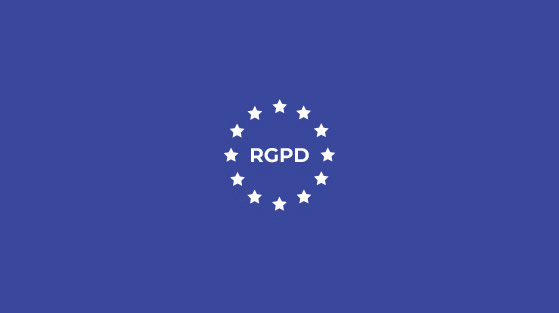Secure Data Erasure Requirements in the GDPR
GDPR establishes the right to be forgotten, which allows individuals to request the deletion of their personal data when it is no longer necessary for the purpose for which it was collected, or when the data subject withdraws their consent. This involves implementing secure data erasure processes to ensure that deleted information cannot be recovered or reconstructed.
Section (a): Reasons for Deletion
- Definition and scope: Section (a) establishes that the interested party has the right to obtain the deletion of personal data without undue delay when the data is no longer necessary in relation to the purposes for which it was collected or treated otherwise.
- Implementation: Organizations should periodically review the need to retain personal data, and if it is no longer necessary, securely delete it, ensuring that the data cannot be recovered or used.
Section (b): Withdrawal of Consent
- Definition and scope: Allows the individual to withdraw their consent to the processing of their personal data at any time. If there is no other legal basis for the processing, the data must be deleted.
- Implementation: It is crucial to implement mechanisms that allow users to easily withdraw their consent, as well as secure deletion procedures that are activated after this withdrawal to effectively delete data.
Section (c): Deletion due to Legal Non-Compliance
- Definition and scope: This section requires the deletion of data when the processing does not comply with the GDPR or other applicable data protection laws.
- Implementation: Organizations must be aware of all legal obligations related to the processing of personal data. If a breach is identified, the affected data must be securely deleted to remedy the situation and avoid penalties.
Verification and Documentation
Detailed documentation of the deletion process and data deletion requests is essential under the GDPR. Organizations must maintain records of:
- Data erasure requests received and how they have been processed.
- The erasure procedures used for each case.
- Confirmation that the data has indeed been deleted.
Compliance and Audit
Compliance with the GDPR is mandatory for any organization that handles data of EU citizens, regardless of their geographical location. Violations can result in significant penalties. Therefore, it is crucial to conduct regular audits and compliance reviews to ensure that secure data erasure processes are aligned with GDPR requirements.
Related Blancco Products
Other Secure Erasure Compliance Guides
